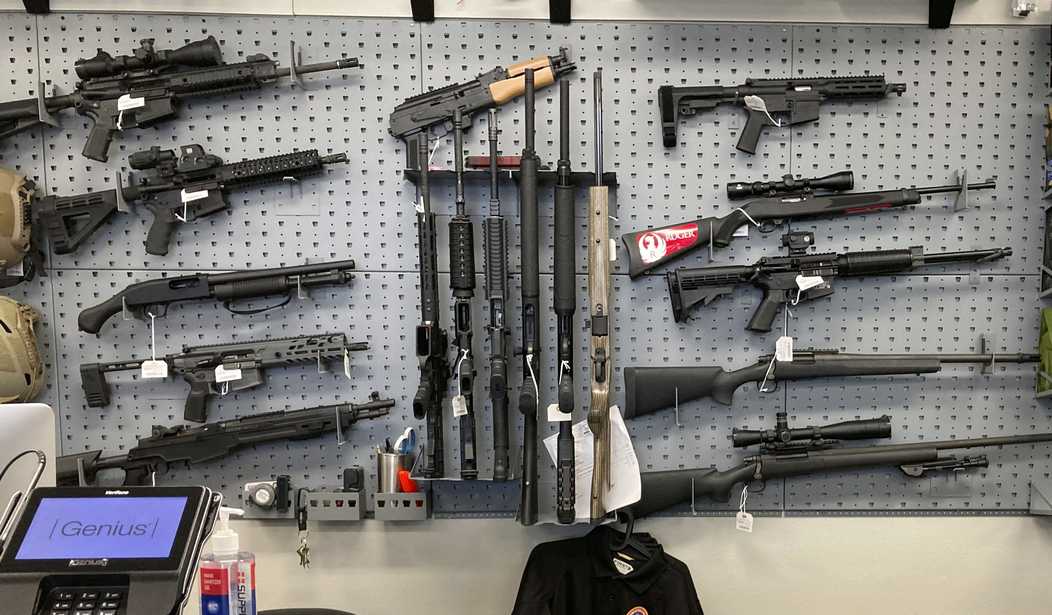From time to time, a community will make some kind of move to restrict gun stores. They treat these businesses like pariahs in their community and seek to banish them to certain parts of the city.
We’ve universally opposed these measures and long argued that gun stores don’t cause crime.
Over at The Trace, though, they’ve got a study that’s suggesting otherwise.
Well, that’s interesting, right?
It is and it isn’t.
Let’s note Semenza’s comments right there at the end. It’s clear he sees lawful gun ownership as some kind of contributing factor to violent crime. This betrays his biases, which should raise questions about his study from the start.
Semenza’s research notes that the violence that takes place near these particular gun stores are manslaughters and assaults, which is supposedly suggestive of impulsivity.
However, what he hasn’t been able to do is tie these weapons to the stores in question. It doesn’t appear law enforcement did either.
So what gives?
Well, let’s remember that the only type of business Semenza looked at were gun stores. Gun stores in poorer neighborhoods are likely to be located very closely with other businesses, places like liquor stores, or nightclubs. Alcohol has long been known to decrease inhibitions, making people more impulsive.
Could that be playing a factor?
We don’t know. Semenza’s research apparently didn’t look at that. Further, something The Trace failed to note is that this was only in one city.
That’s right, boys and girls, Semenza only looked at data in Atlanta, not anywhere else in the nation. This is what we call “insufficient sample size.”
Even if his data is 100 percent accurate and gun stores really are somehow responsible for the violence in these areas, that only necessarily applies to Atlanta and not anywhere else because there was no data gathered from anywhere else.
Had he gathered information from a dozen major cities and a dozen smaller ones and found the same thing, then maybe we could believe this to at least be a valid correlation for the rest of the nation.
Then, of course, is the fact that this is just a correlation. As I noted before, all he’s done is shown that violent crime clusters in areas that also happen to contain a gun store.
But this raises the question of whether there were clusters anywhere else?
Semenza’s focus on gun stores was like a laser beam, but what he needed was something more akin to a flashlight. He needed to take a broader look to find actual answers.
That’s not what he wanted to do. He didn’t look at other businesses located in the area to see if there was any correlation there. He didn’t do anything because it’s clear he had an agenda and wanted his research to conform to that idea.
This isn’t science. It’s activism in scientific drag.







